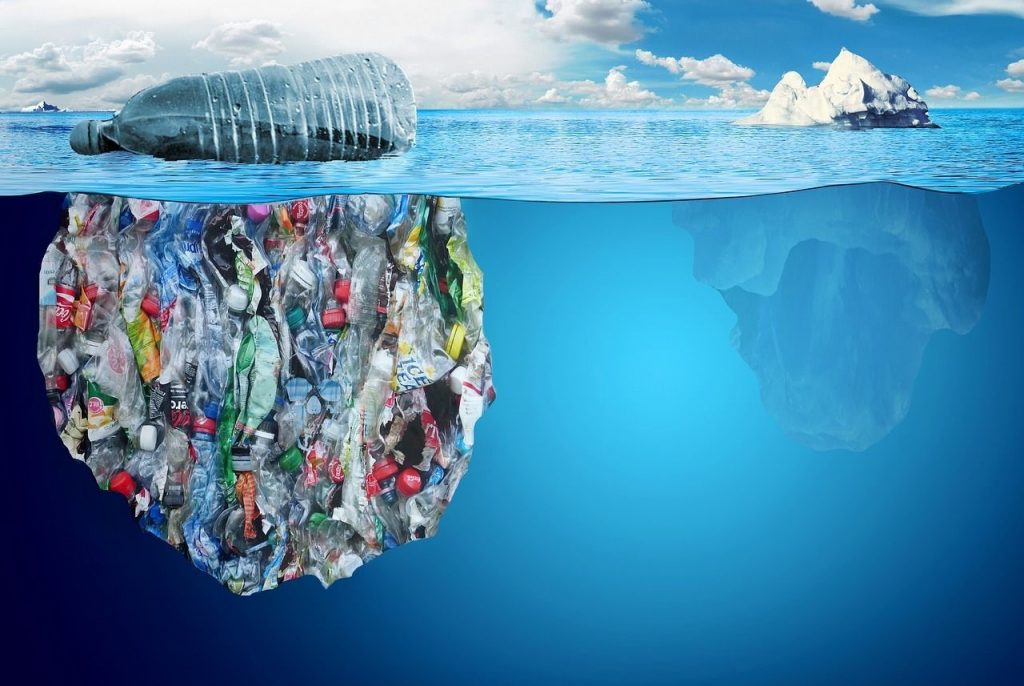Indian PM described the oceans as a common heritage for humankind and a lifeline for the future of the planet. In urging the global community to develop a common framework to deal with contemporary challenges, including maritime disputes and natural disasters, he outlined a far-sighted vision rooted in India’s culture, history and geography.
MARITIME TRADE:
- Linked free and open trade to India’s civilizational ethos.
- Reiterated the relevance of SAGAR (Security and Growth for All in the Region).
- Indian Prime Minister urged the international community to develop a cooperative and inclusive framework for maritime security. It is essential for unimpeded trade and commerce.
- Ninety per cent of global trade is conducted on the high seas. Thus, for this simple reason that it continues to be the most cost-effective mode of transport.
- Disruption of sea lanes of communication has global repercussions.
- The blockage in the Suez Canal earlier this year interrupted the flow of trade worth billions of dollars.

MARITIME DISPUTES:
- The Prime Minister advocated the peaceful settlement of maritime disputes based on international law.
- This idea is rooted in India’s values of peace and non-violence. India’s acceptance of the award by the Permanent Court of Arbitration in 2014 paved the way for India and Bangladesh to put aside their maritime dispute and forge even closer ties.
NATURAL DISASTERS AND THREATS:
- Today, natural disasters and maritime threats posed by non-state actors have grown exponentially.
- Indian PM called upon the global community to rally together to deal effectively with the ravages of cyclones, tsunami and maritime pollution.
- India’s role as ‘first responder’ in the Indian Ocean, whether in thwarting piracy or providing relief
- The election, on August 5, of the Director-General of Indian Coast Guard as the executive director of the Regional Cooperation Agreement on Combating Piracy and Armed Robbery against Ships in Asia (ReCAAP) Information Sharing Centre, Singapore. is an endorsement of India’s contributions.
- India now has white shipping agreements with several countries.
- The Indian Navy’s state-of-the-art Information Fusion Centre-Indian Ocean Region (IFCIOR) based in Gurugram hosts officers from the United States, Japan, France, Australia and the United Kingdom.

PLASTIC WASTE:
- Oceans remain our lifeline. Yet, they have been overwhelmed by plastic waste which chokes all forms of marine life.
- This, in turn, poisons the entire food chain and imperils the lives of millions.

CONCLUSION:
- India stands for openness and transparency in the execution of projects, based on local priorities, with in-built fiscal viability and environmental sustainability.
- The U.S., Japan and Australia are also promoting better standards for global infrastructure through the Blue Dot Network
- More relevantly, India emphasizes the importance of the United Nations Convention on the Law of the Sea as the legal framework governing all maritime activity.
- India’s natural interests stretch across both the Indian and Pacific Oceans as reflected in its inclusive Indo-Pacific vision





